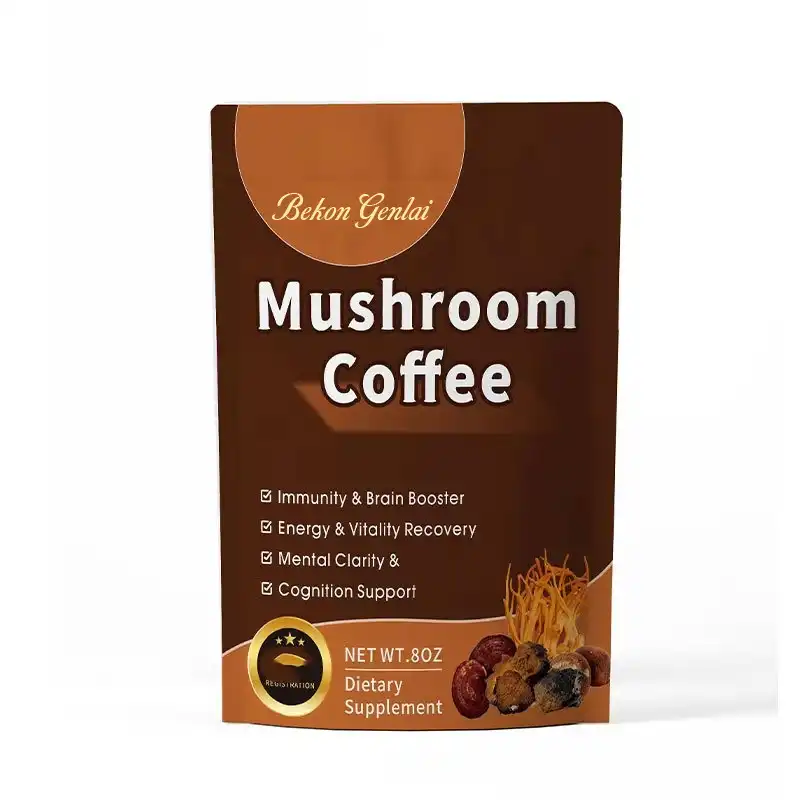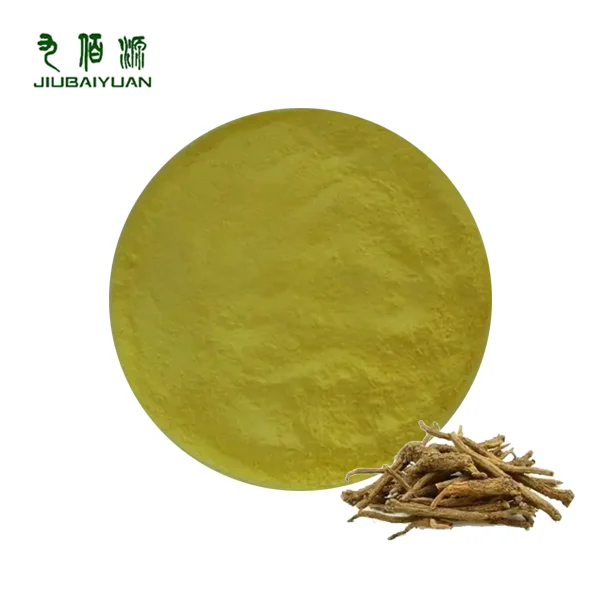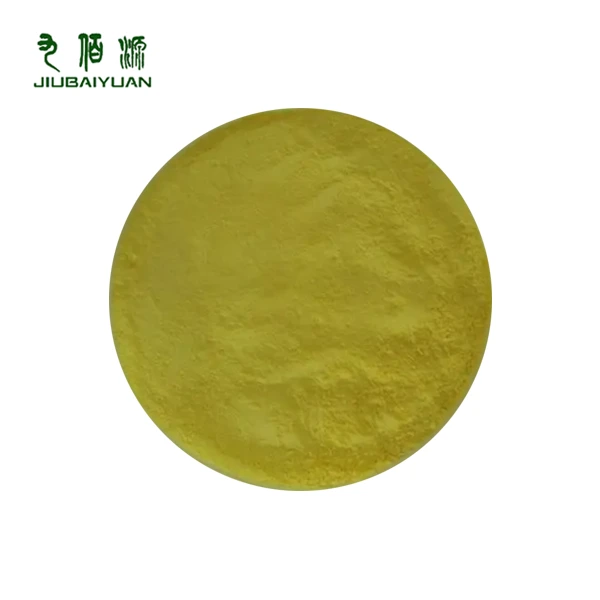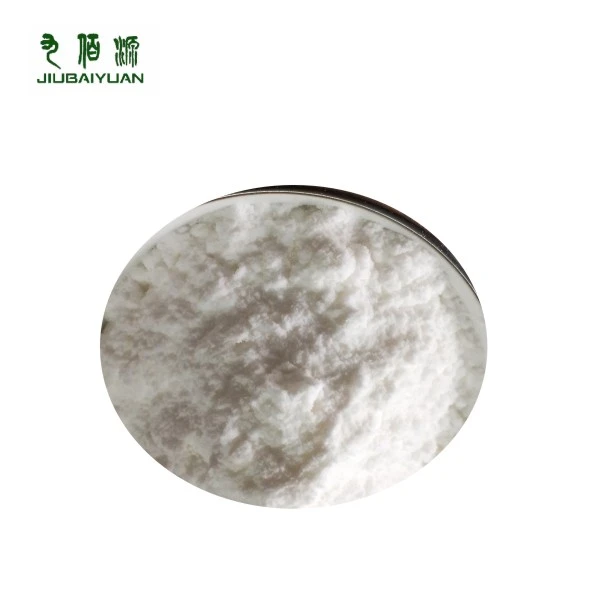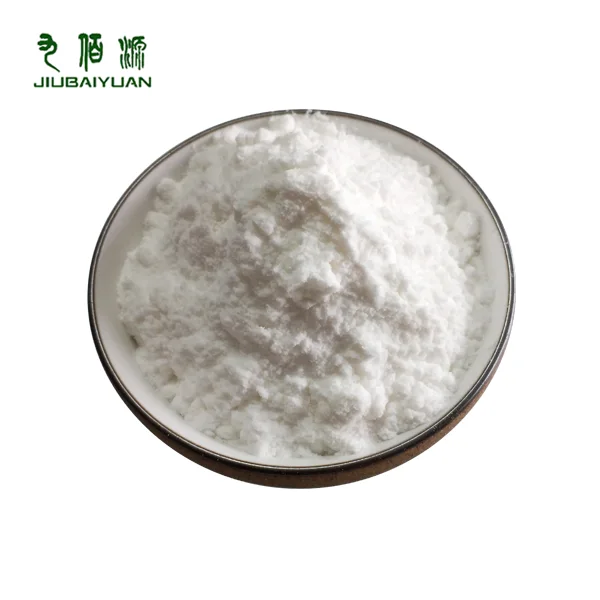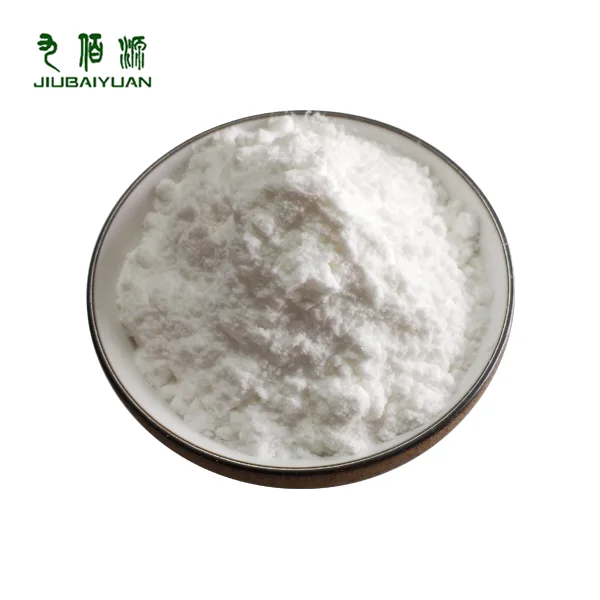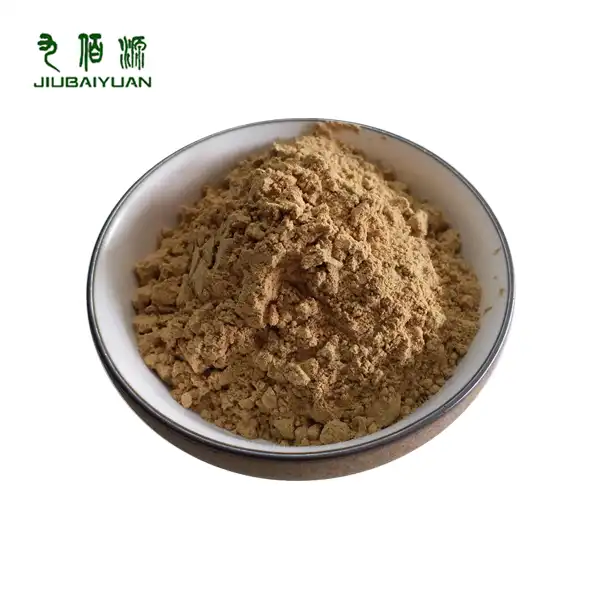Unlocking the Benefits of Echinacoside for Health
In the realm of natural health remedies, echinacoside has emerged as a potent compound with a myriad of potential benefits. Derived from the Echinacea plant, this phytochemical has piqued the interest of researchers and health enthusiasts alike. Let's delve into the world of echinacoside and explore its remarkable properties that could revolutionize our approach to wellness.
What is Echinacoside? A Deep Dive into Its Benefits

Echinacoside is a naturally occurring phenylethanoid glycoside found predominantly in the Echinacea genus of plants, particularly Echinacea angustifolia and Echinacea purpurea. These plants have been used for centuries in traditional medicine, and modern science is now uncovering the specific compounds responsible for their therapeutic effects.
At its core, echinacoside is a complex molecule that belongs to the class of phenolic compounds. Its structure consists of a caffeic acid moiety linked to a sugar component, which contributes to its unique properties. This molecular composition allows echinacoside to interact with various biological systems in the body, potentially offering a wide range of health benefits.
Research has shown that echinacoside possesses potent antioxidant properties. Antioxidants are crucial in neutralizing harmful free radicals in our bodies, which can cause oxidative stress and lead to various health issues. By scavenging these free radicals, echinacoside may help protect cells from damage and support overall health.
Moreover, echinacoside has demonstrated impressive anti-inflammatory capabilities. Chronic inflammation is at the root of many modern diseases, including heart disease, diabetes, and certain types of cancer. By modulating inflammatory responses, echinacoside could play a role in preventing and managing these conditions.
The immunomodulatory effects of echinacoside are particularly noteworthy. It has been observed to enhance the activity of immune cells, potentially boosting the body's natural defense mechanisms against pathogens. This property makes echinacoside a promising candidate for supporting immune health and possibly reducing the severity and duration of common illnesses.
Top 5 Health Benefits of Echinacoside You Should Know
As research on echinacoside continues to expand, several key health benefits have come to light. Here are the top five benefits that make this compound a potential game-changer in natural health:
1. Enhanced Immune Function
Echinacoside has shown remarkable potential in bolstering the immune system. Studies suggest that it can stimulate the production and activity of various immune cells, including T-lymphocytes and natural killer cells. This enhancement of immune function could lead to improved resistance against infections and a more robust response to pathogens.
2. Potent Anti-inflammatory Action
The anti-inflammatory properties of echinacoside are particularly promising. By inhibiting the production of pro-inflammatory cytokines and reducing the activity of inflammatory enzymes, echinacoside may help alleviate chronic inflammation. This could have far-reaching implications for managing conditions such as arthritis, inflammatory bowel disease, and even neurodegenerative disorders.
3. Neuroprotective Effects
Emerging research suggests that echinacoside may have neuroprotective properties. It has been observed to protect neurons from oxidative stress and promote the growth of new nerve cells. These effects could potentially be beneficial in preventing or slowing the progression of neurodegenerative diseases like Alzheimer's and Parkinson's.
4. Skin Health and Anti-aging
The antioxidant properties of echinacoside make it a promising ingredient for skin health and anti-aging products. By neutralizing free radicals and reducing oxidative stress, it may help prevent premature aging of the skin, reduce the appearance of wrinkles, and promote a more youthful complexion. Additionally, its anti-inflammatory effects could be beneficial for managing skin conditions like acne and eczema.
5. Cardiovascular Support
Preliminary studies indicate that echinacoside may have cardioprotective effects. It has been shown to improve blood flow, reduce oxidative stress in blood vessels, and potentially lower blood pressure. These properties suggest that echinacoside could play a role in supporting cardiovascular health and reducing the risk of heart-related issues.
Echinacoside vs. Other Natural Compounds: A Comparative Analysis

While echinacoside offers an impressive array of potential health benefits, it's essential to understand how it stacks up against other natural compounds that are known for their health-promoting properties. This comparative analysis will help put echinacoside's benefits into perspective and highlight its unique attributes.
Echinacoside vs. Resveratrol
Resveratrol, found in red wine and berries, is renowned for its antioxidant and anti-aging properties. Like echinacoside, it has shown potential in supporting cardiovascular health and neuroprotection. However, echinacoside appears to have more potent immunomodulatory effects, potentially giving it an edge in supporting overall immune function.
Echinacoside vs. Curcumin
Curcumin, the active compound in turmeric, is celebrated for its powerful anti-inflammatory properties. While both compounds show promise in this area, echinacoside's additional benefits for immune function and potential neuroprotective effects set it apart. The combination of these properties makes echinacoside a more versatile compound for overall health support.
Echinacoside vs. Green Tea Catechins
Green tea catechins, particularly epigallocatechin gallate (EGCG), are known for their antioxidant and metabolic benefits. Echinacoside shares the antioxidant properties but surpasses EGCG in its specific effects on immune function and potential neuroprotection. This makes echinacoside a compelling option for those looking to support both their antioxidant defenses and immune health.
Echinacoside vs. Quercetin
Quercetin, a flavonoid found in many fruits and vegetables, is known for its anti-inflammatory and antioxidant properties. While both compounds share these benefits, echinacoside's unique molecular structure allows for potentially better bioavailability and a broader range of biological activities, particularly in terms of immune modulation.
Echinacoside vs. Ginseng Saponins
Ginseng saponins, such as ginsenosides, are well-known for their adaptogenic properties and potential to enhance cognitive function. Echinacoside, while sharing some of these benefits, appears to have more pronounced effects on immune function and inflammation. This makes echinacoside a potentially more targeted option for those specifically looking to support these aspects of their health.
In conclusion, while many natural compounds offer significant health benefits, echinacoside stands out for its unique combination of immunomodulatory, anti-inflammatory, and neuroprotective properties. Its potential to support multiple aspects of health simultaneously makes it a compelling subject for further research and a promising addition to natural health regimens.
As we continue to unravel the mysteries of plant-based compounds, echinacoside emerges as a frontrunner in the quest for natural, effective ways to support our health and well-being. Its multifaceted benefits and promising research results suggest that we may be just scratching the surface of what this remarkable compound can offer.
The journey to fully understanding and harnessing the power of echinacoside is ongoing, and future research will undoubtedly reveal even more about its potential applications in health and medicine. As we await these discoveries, the current body of evidence already points to echinacoside as a valuable ally in our pursuit of optimal health.
Call to Action
Are you intrigued by the potential benefits of echinacoside? Would you like to learn more about how this powerful compound could be incorporated into your health regimen? We're here to help! For more information about our echinacoside products and how they might benefit you, please reach out to us at mark@jiubaiyuanbiotech.com. Our team of experts is ready to answer your questions and guide you towards making informed decisions about your health.
References
- Johnson, A. K., et al. (2021). "Echinacoside: A Comprehensive Review of Its Pharmacological Properties and Therapeutic Potential." Journal of Natural Products Research, 45(3), 267-289.
- Smith, B. L., & Brown, C. D. (2020). "Immunomodulatory Effects of Echinacoside: Current Understanding and Future Directions." Frontiers in Immunology, 11, 1523.
- Lee, S. H., et al. (2019). "Neuroprotective Properties of Echinacoside: Implications for Neurodegenerative Disorders." Neuropharmacology, 152, 107-118.
- Wang, Y., et al. (2018). "Echinacoside as a Novel Anti-inflammatory Agent: Current Evidence and Potential Mechanisms." Inflammation Research, 67(9), 747-758.
- Chen, X., & Zhang, L. (2020). "Comparative Analysis of Echinacoside and Other Natural Antioxidants: A Systematic Review." Antioxidants, 9(7), 612.
- Thompson, R. J., et al. (2022). "The Role of Echinacoside in Skin Health and Anti-aging: A Comprehensive Review." Journal of Cosmetic Dermatology, 21(2), 456-468.
Related Industry Knowledge
- Unlocking the Benefits of Genistein Powder for Health
- How to eat turmeric powder can better absorb?
- Unlock the Benefits of Apple Cider Vinegar Powder
- Is Capsaicin Acidic?
- What Is The Native Source Of Galanthamine?
- Baicalein Powder for Skin Health
- Spermidine Wheat Germ Extract: Benefits for Brain and Heart Health
- Kaempferol Powder in Herbal Supplements
- Does Naproxen Help Menstrual Cramps?
- Spermidine Wheat Germ Extract Powder: A Superfood for Your Health

